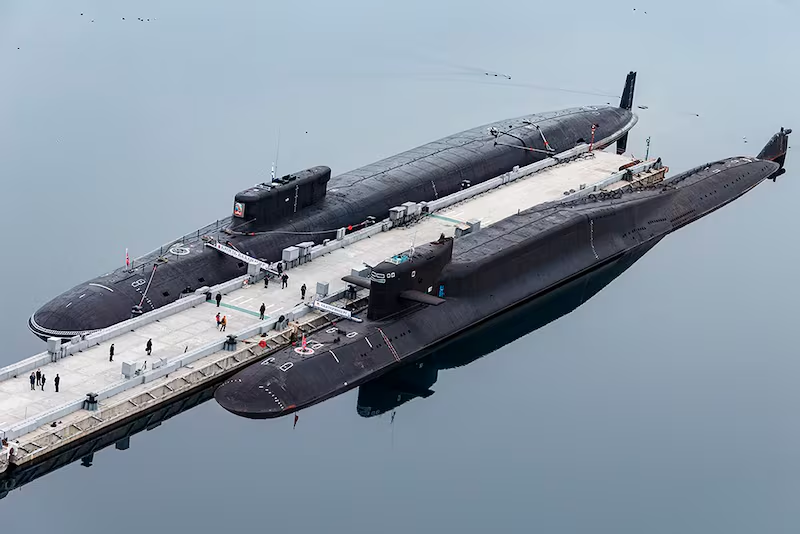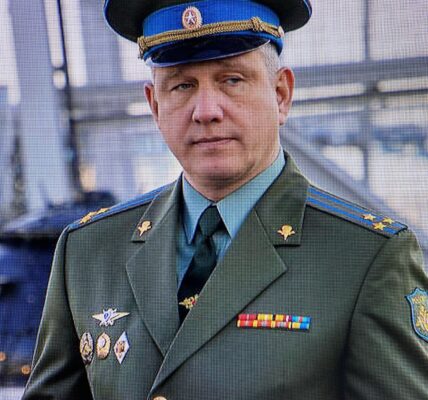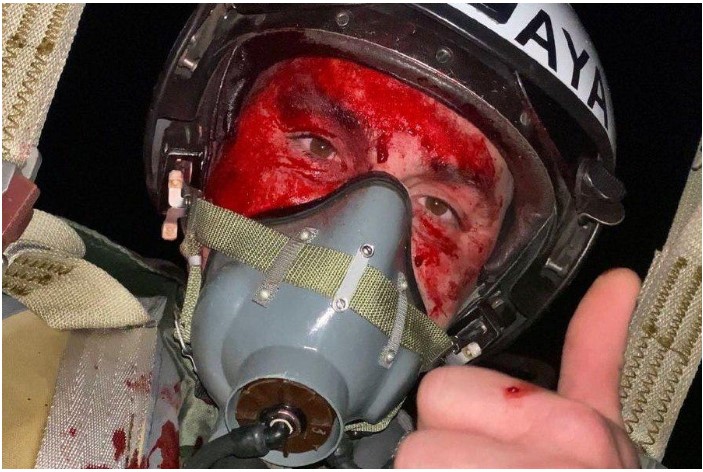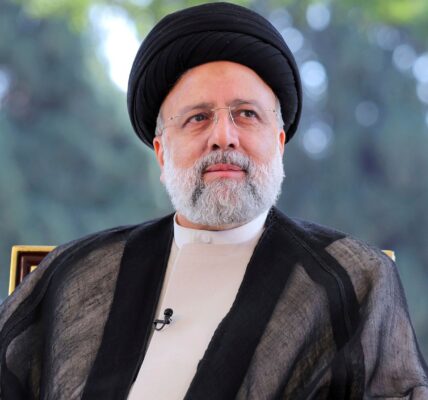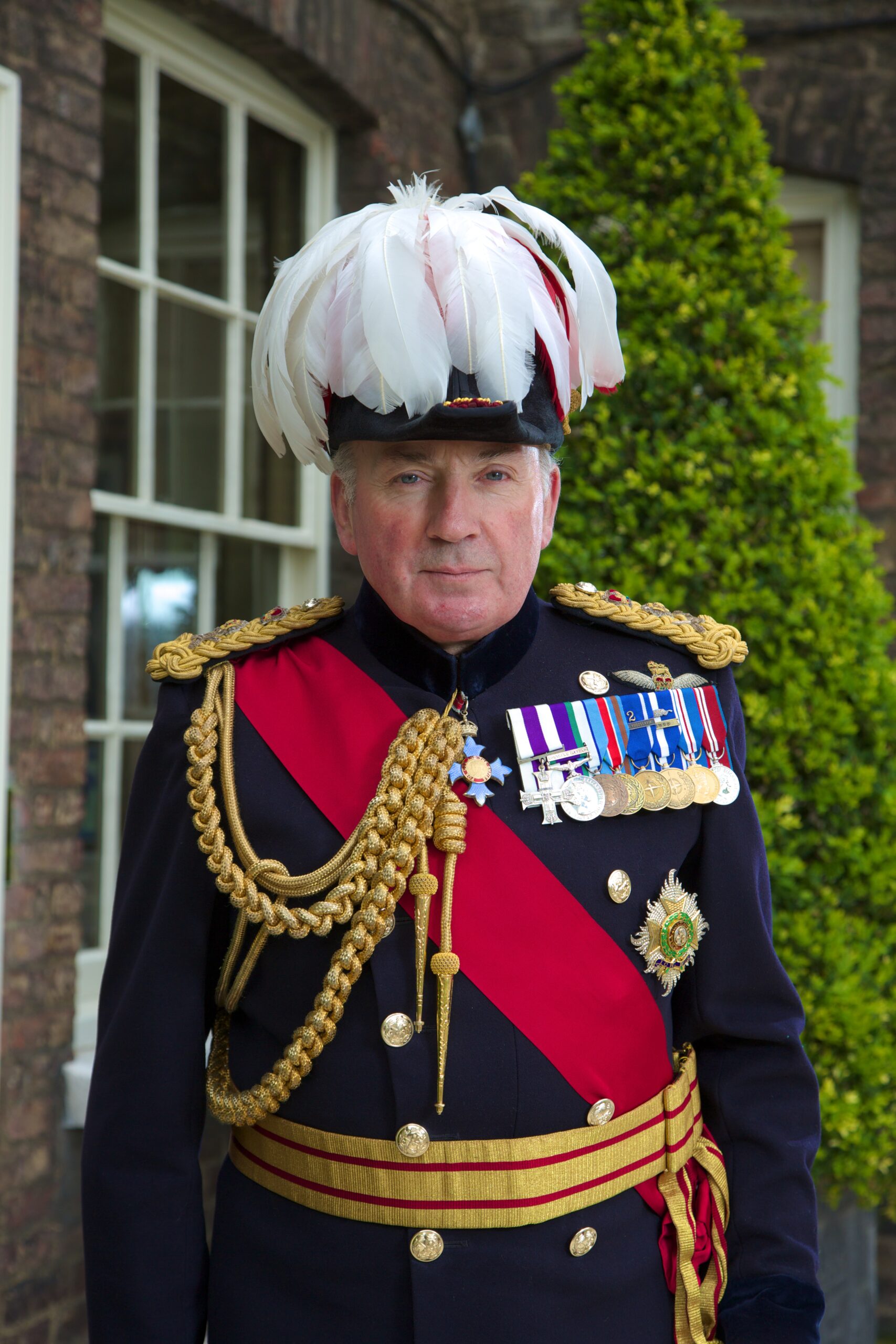
Norway has announced that it is rearming amid growing fears that the melting Arctic caused by global warming will increase the chance of war with Russia and China.
In a bid to combat the potential threat the Nordic country has commissioned five new warships, six submarines along with increased space surveillance to observe Russian and Chinese movements, said State Secretary Anne Marie Aanerud.
Global warming is melting the Arctic four times faster than elsewhere on the planet, according to the Norwegian minister.
As a result, vast tracts of land are now being exposed with growing fears that the landscape, rich in minerals, could become another flashpoint for global powers, she told a Royal United Services Conference.

She added: “Global warming is accelerating. The likelihood of conflict, involving Norway, or our allies, has increased.”
The region was strategically important to many countries and increasingly to China.
The state secretary added: “We must therefore expect great power competition in this region.”
The Arctic will become more accessible due to rising temperatures and melting sea ice, “so we should expect more civil and military activity to follow as a consequence”, she said.
The consequences of climate change and Russia’s war in Ukraine was already impacting geopolitics in the region.
With its Black Sea Fleet suffering significant losses and largely confined to port and its Baltic operations curtailed by Sweden and Finland joining Nato, Moscow’s Northern Fleet based on the Kola Peninsula was now its prime maritime force.
But the increased Arctic activity would elevate the risk of “misunderstanding, accidents and unintended escalation”, Ms Aanerud warned.
“Russia is now relying very heavily on a strategy of nuclear deterrence, as it has suffered great conventional losses in Ukraine.”
A “very significant amount” of Russia’s nuclear capability is now based in the high north on the Kola Peninsula, close to the Norwegian border, she said.
With the growing threat of conflict Norway has embarked on a major rearmament programme, doubling its defence spending with £45 billion to be spent over the next 12 years in what was described as a “massive boost” to its forces.
Sharing a 200km border with Russia meant that surveillance was a key priority for Norway, particularly of Russia’s nuclear submarines.
The country is now investing in drones for maritime surveillance, a fleet of P8 Poseidon maritime patrol aircraft and “space based capabilities” with satellites and a nationally owned spaceport capable of launching both military and civilian rockets.
In addition to the five new frigates and six submarines, Norway has already received 40 out of an order of 52 F-35 stealth jets and is expanding its army from one to three brigades, equipping them with long-range precision weapons and air defence systems.
“It’s a very innovative strategy that we haven’t tried before,” said Ms Aanerud. “Hopefully, we will be successful.”
“We will now have a key role in defending our neighbours that we have never had before as a Nato member.”

Vernon Coaker, a UK defence minister, told the RUSI conference that while Britain was “quite rightly” focused on the flashpoints of Ukraine and the Middle East, “we cannot and must not allow ourselves to be deflected from considering other challenges that are emerging across the world”.
The Arctic was one of those areas as it was becoming “one of the most important, strategically important regions” with its ice now rapidly melting.
He acknowledged that Russia had a legitimate interest in the high north but it also had to be recognised that “politically and environmentally the Arctic is a region under strain and it demands our attention”.
“Rising temperatures are remoulding the landscape and turning years of uncertainty on their head,” he said.
The Arctic would also form a significant part of Britain’s upcoming strategic defence review, he added.

